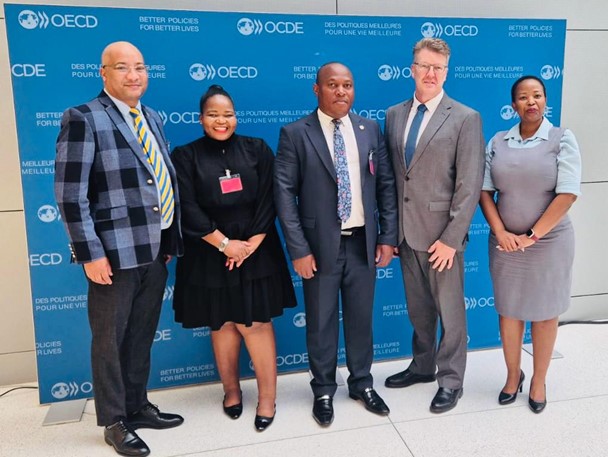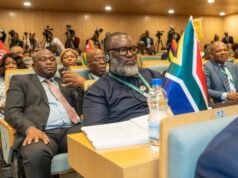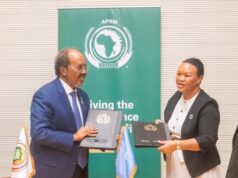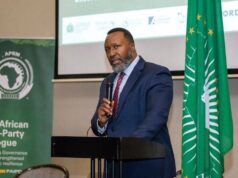
From 24 to 27 June 2025, the South African delegation, comprised of members of the Department of Public Service and Administration (DPSA), National Prosecuting Authority (NPA) and Directorate for Priority Crime Investigation (DPCI), attended the  Organisation for Economic Co-operation and Development (OECD) Working Group on Bribery (WGB). South Africa was required to present its first Phase 4 Assessment Report on its implementation of the Convention on Combating Bribery of Foreign Public Officials in International Business Transactions (Anti-Bribery Convention).
The assessment process started in November 2024, with the OECD Secretariat and the main assessors (Australia and Hungary) visiting South Africa to perform an onsite assessment. At the time, stakeholders in South Africa – ranging from Government Officials to representatives from the Private Sector, the Judiciary, Civil Society, journalists, regulators, etc. convened for the onsite assessment. Members of this diverse group assisted in preparing the report for the June 2025 OECD WGB session and provided online support to the delegation during South Africa’s assessment sessions.
With South Africa included, the OECD WGB comprises 46 Parties to the Convention. Established in 1994, the WGB oversees the implementation and enforcement of the OECD Anti-Bribery Convention, the 2021 Recommendation on Further Combating Bribery of Foreign Bribery in International Business Transactions and related instruments. The Convention establishes legally binding standards to criminalise bribery of foreign public officials in international business transactions and provides related measures to ensure effectiveness.
The Convention is specific in its scope. It focuses on the use of domestic law to outlaw bribery of foreign public officials. It pertains to both active and passive bribery but excludes other types of corruption such as bribery, bribery that is solely domestic, and bribery in which the direct or indirect beneficiary of a benefit is not a public official. It also eliminates cases when the bribe was paid for reasons unrelated to the conduct of foreign business and the acquisition or retention of some undue advantage in such business.
The WGB conducts a peer-review monitoring system in successive phases, with South Africa successfully closing the Phase 3 Assessment in December 2023. In January 2024 South Africa entered the Phase 4 Assessment cycle, which considers the evaluated country’s particular challenges and positive achievements. It also explores issues such as detection, enforcement, corporate liability, and international cooperation from a foreign bribery perspective, as well as covering unresolved issues from prior reports.
Since 2014, South Africa has opened investigations into 18 new foreign bribery allegations. In 2019, South Africa started its first foreign bribery court proceedings, but still must conclude a case. Â However, the WGB found that South Africa did improve on investigating its foreign bribery cases by using more complex investigative techniques and seeking mutual legal assistance from other countries.
During the discussions on South Africa’s assessment, the WGB acknowledged positive reforms to South Africa’s whistleblower legislation and recognized the development of an innovative non-trial resolution mechanism in South Africa as well as commented that the public-private partnerships to address capacity issues within law enforcement was a pioneering way to address resource and capacity constraints.
The final Country Report will be publicly available on the OECD website on 10 July 2025. It is expected that the Report will cover recommendations to assist South Africa to further improve on its implementation of the Convention. South Africa will be expected to provide regular feedback on progress regarding its implementation of the recommendations.








